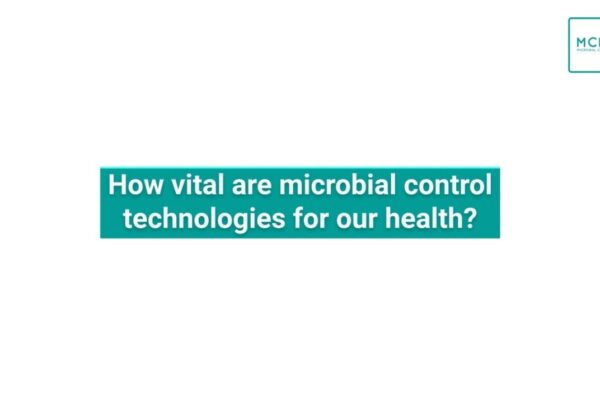The first half of 2021 has been busy with several public consultations launched by the European Commission to collect input from relevant stakeholders on the main blocks of the chemical legislation. The consultations focused on revising parts of the existing regulatory framework – including the Regulation on Classification, Labelling and Packaging of substances and mixtures (CLP), the Regulation on Registration, Evaluation, Authorisation and Restriction of Chemicals (REACH) – as well as introducing new ones – the Sustainable Products Initiative (SPI).
Despite having different scopes and targets, these three pieces of legislation are expected to bring fundamental changes in how the chemicals sector is regulated, with potential repercussions on the biocides sector and the co-formulants used in the manufacturing of several products.
MCEC provided their input to all three consultations, highlighting the aspects that will be of major interest for the biocides industry.
REACH revision
The revision is expected to cover several aspects of the REACH Regulation, among which MCEC focused on:
- Potential impact of the revision on downstream users, i.e. SMEs that are affected by the Biocidal Products Regulation;
- Need to consider biocides as a special category of chemicals due to their essential uses;
- Request to reflect the impact of the revision on microbial control in the upcoming the impact assessment; and
- Importance of strengthening enforcement of existing rules and border controls to fight illegal imports of non-compliant substances and products.
CLP revision
- Importance of clarifying in the upcoming Impact Assessment any impacts on biocides that the CLP revision may bring;
- Need to ensure regulatory consistency between CLP and the existing measures under BPR in future to provide regulatory predictability; and
- The necessity to assess as of today the possible impact for other legislation due to classification changes, via relevant inter-service consultations in the Commission.
SPI
The SPI aims to support a climate-neutral, resource-efficient and circular economy, reducing waste and promoting performance of front-runners in sustainable solutions. The core of this initiative is to widen the Ecodesign Directive to foster and improve circularity of the broadest possible range of products and to enhance the lifespan of products and make sure that they can be re-used at their end-of-life stage. According to initial indications from the Commission, the new scope of the Ecodesign Directive should include several sectors, including chemicals.
In this context, MCEC highlighted the key role of microbial active substances in enhancing product durability and preservation, limiting waste creation, ensuring safety and hygiene standards for consumers, in line with the objectives of the SPI. In addition, MCEC focused on the need for:
- A clear and predictable regulatory framework, calling for the Commission to rely on the current system and committees of experts for the risk assessment and management of co-formulants and active substances;
- Defining criteria on how recyclability performance will be assessed; and
- Ensuring biocidal active ingredients are considered “essential” for sustainability, safety, hygienic standards and durability of treated articles and materials.
Looking forward
The Commission’s proposal for the revision of CLP is expected to be adopted by the end of 2021 while the revision of REACH has been announced for 2022 Q4. The SPI proposal is expected to be adopted by the College of Commissioners by the end of 2021.
MCEC will continue to monitor the developments of these files and engage with relevant stakeholders, if needed, to highlight the benefits of microbial control solutions for society and the industry. All future decisions on the chemical legislation should therefore take a sectoral approach, acknowledging the essence of substances in their applications.






